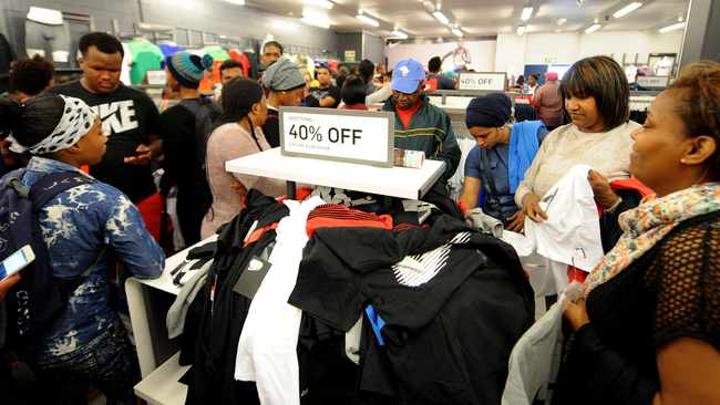Africa-Press – South-Africa. South Africans could expect to pay a little more for general consumer goods as the hike in sin taxes and levies could place upward pressure on inflation in the second quarter of 2021.
Finance Minister Tito Mboweni last week announced an 8 percent increase in excise duties on tobacco and alcohol products.
A packet of 20 cigarettes is now set to cost an extra R1.39 and the cost of a bottle of 750ml spirits is rising by R5.50 from April 2021.
Mboweni said the policy framework for both alcohol and tobacco would be reviewed during 2021/22.
He also said a discussion paper on proposals to tax electronic nicotine and non-nicotine delivery systems would be published soon and an excise duty would be introduced later this year.
The government expects to collect R1.21 trillion in taxes during 2020/21, which is about R213 billion less than the 2020 Budget expectations and the largest tax shortfall on record.
Fuel levies will rise by 27c a litre, comprising 15c increase a litre for petrol and diesel, and an above-inflation increase of 11c a litre for the Road Accident Fund levy.
The carbon fuel levy was increased by 1c a litre to 8c a litre for petrol and 9c a litre for diesel from April.
Investec chief economist Annabel Bishop said the low pace of price increases was not likely to persist beyond the end of this quarter.
The annual rate of consumer price index (CPI) ticked up to 3.2 percent in January from 3.1 percent in December, but remained in the lower end of the 3 to 6 percent target band.
Bishop said base effects could push up the CPI inflation rate to around 4 percent year-on-year in the second quarter.
“The Budget outcome will exert upward pressure on the CPI with tax increases on alcohol, tobacco products and fuel,” Bishop said.
“The statistical base effect coming through from the very low CPI rate in
May 2020 will exert upwards pressure on the May 2021 outcome, with the year-on year CPI inflation rate at risk of even temporarily rising towards 5 percent on the pressure,” Bishop added.
Price increases would place more pressure on household income as individuals saw markedly lower takehome pay in January compared with a year ago.
The latest BankservAfrica data showed that the real average and overall salary paid shrank in January 2021 after coming under strain from the pandemic and level 3 lockdown.
The real average salary was R13 030, which represents a 2.4 percent decline from December 2020 and a 0.2 percent year-on-year decrease.
However, tax experts commended Mboweni for adjusting personal income tax brackets by increasing rebates by 5 percent to provide R2.2bn in tax relief.
Alexander Forbes’ Jenny Gordon said this tax break would provide necessary relief after personal income tax collection was affected by rising job losses and lower earnings.
“This provides relief to households by ensuring that inflation does not automatically increase the individual tax burden,” Gordon said.
“Most of the relief benefits lowerand middle-income households. If the tax tables were not adjusted, this would have raised R11.2bn.”
BUSINESS REPORT






